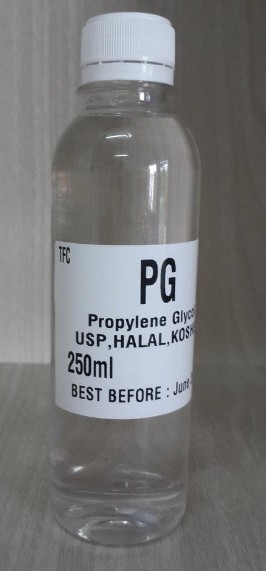 Does Mayor Bill de Blasio like antifreeze? Photo credit: Shutterstock. Sort of
Does Mayor Bill de Blasio like antifreeze? Photo credit: Shutterstock. Sort of
It's summertime, and you're out mowing your lawn, playing tennis, jogging, whatever, and you're going to be thirsty, right?
But what can you drink anymore? One thimbleful of soda will give you diabetes. And if you happen to drink the thimbleful along with one salted potato chip, make sure that you have the morgue on your phone's favorites list. Especially in New York, where our nutty mayor fancies himself as the urban Albert Schweitzer. It's only a matter of time until we will start getting tickets from the Sucrose Squad — a special forces-like carbohydrate-seeking death machine. Perhaps they could even have a logo:

How about diet soda? Nope. By the time you pour it into the glass, you will already have Stage 4 metastatic cancer of (fill in the organ).
Juice, Gatorade, Energy drinks ? No way. Too much sugar. Instead of carrying around an epi-pen, you will now need to carry around an insul-pen instead.
Since many phony chemical scares (such as artificial sweeteners being deadly) arise from internet quacks, and other sordid proponents of the "anti-chemical" movement, I thought it might be fun to expose some bad science at their expense by talking about antifreeze.
Antifreeze is the perfect choice because: 1) It's summer. I love irony; 2) It is a very easy target for the anti-chemical crowd; 3) The title is crazy enough to attract attention, which obviously worked, since you're reading this.
Note: There are two commonly used antifreezes. One is called ethylene glycol. It is toxic. The other is propylene glycol. It is anything but (more on this below).
Here are three examples, each containing the one tactic that is almost always behind the antifreeze scares. See if you can spot it.
- The supernaturally incorrect Joe Mercola keeps his losing streak alive:
"Propylene Glycol...is found in engine coolants and antifreeze, airplane de-icers ... can also cause liver abnormalities and kidney damage, it's more than likely in your shampoo."
- It is virtually impossible to make Mercola look good, but the Food Republic manages to do so:
"Antifreeze is used in cars, pills, cosmetics, deodorant, moisturizer … and food ... [I]f it’s good enough for your SUV it’s good enough to eat, right? Right?? Right???"

- The Healthy Home Economist wants you to believe that ice cream is going to kill your kid:
"One thing I try to do on this blog is alert folks to the sneaky, underhanded and frequently toxic chemicals that Big Food processors add to their products. One of these dirty little secrets is the fact that propylene glycol, a cosmetic form of antifreeze, is added to commercial ice cream."
In case you didn't catch it, here's the trick: scaremongers conveniently lump both antifreezes together because they are both used (sometimes) for the same purpose, and have very similar names. It is a cheap, but effective gimmick that implies that ethylene and propylene glycol are interchangeable. This is dead wrong.
Let's take a look at the biochemistry of "deadly" propylene glycol, and you'll see why.
It is so safe that it is difficult to even find a toxic dose in humans. The CDC makes this abundantly clear:
- “No studies were located regarding death in humans after oral exposure to propylene glycol.”
- "The Food and Drug Administration (FDA) has classified propylene glycol as an additive that is 'generally recognized as safe' for use in food."
- And, saving the best for last ... “A fatal case of propylene glycol poisoning occurred in a horse given 3.8 L of propylene glycol (one gallon) instead of mineral oil. The horse died of respiratory arrest 28 hours after administration.”
If this safety profile of propylene glycol does not sound kosher to you, think again, because it is exactly that.

Kosher propylene glycol. lelong.com
Propylene glycol is made kosher because it is used in food. This is because, in a sense, it is food.
The chemical has such low toxicity because of how your body handles it. Propylene glycol is metabolized into pyruvic acid and lactic acid, which play a major part in biochemical reactions in all species of animals. Pyruvic acid is a key component of the Krebs (citric acid) cycle, which is the primary source of cellular energy. The Krebs cycle converts fats, carbohydrates, and protein into adenosine triphosphate (ATP)— the fuel that makes life possible.
Lactic acid is a normal component of human metabolism, especially during times of energy expenditure. It is also found in many common foods. Too much in your blood can lead to lactic acidosis, which can be deadly. However, this disorder is largely found in very ill patients and diabetics.
But not people who wash their hair. Say it ain't so, Joe.



